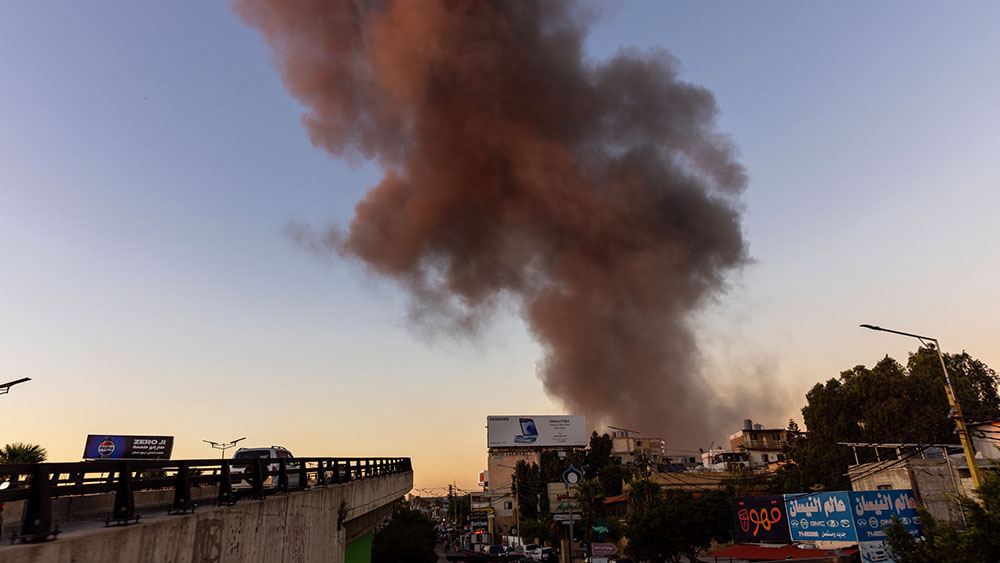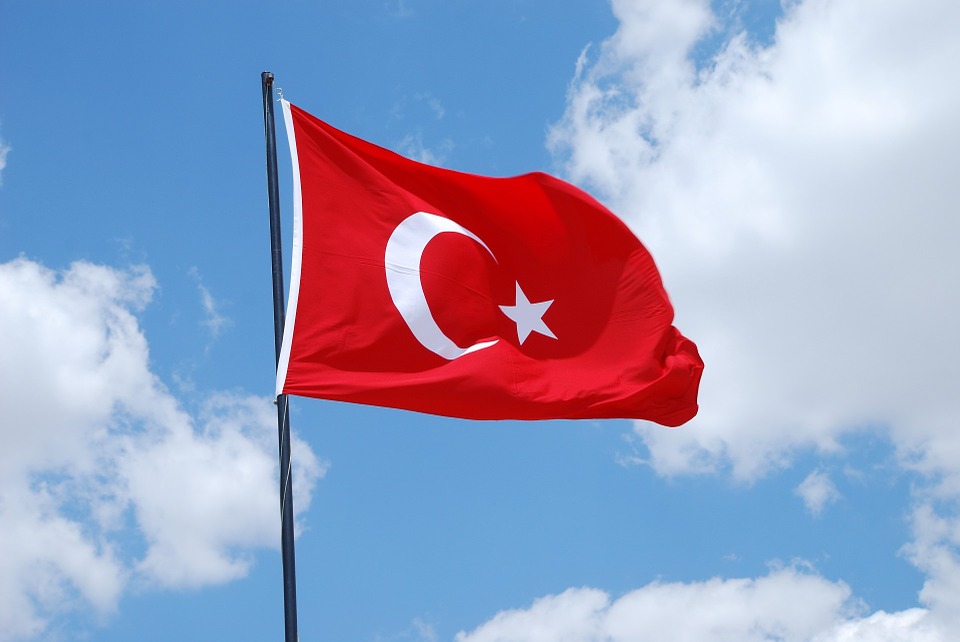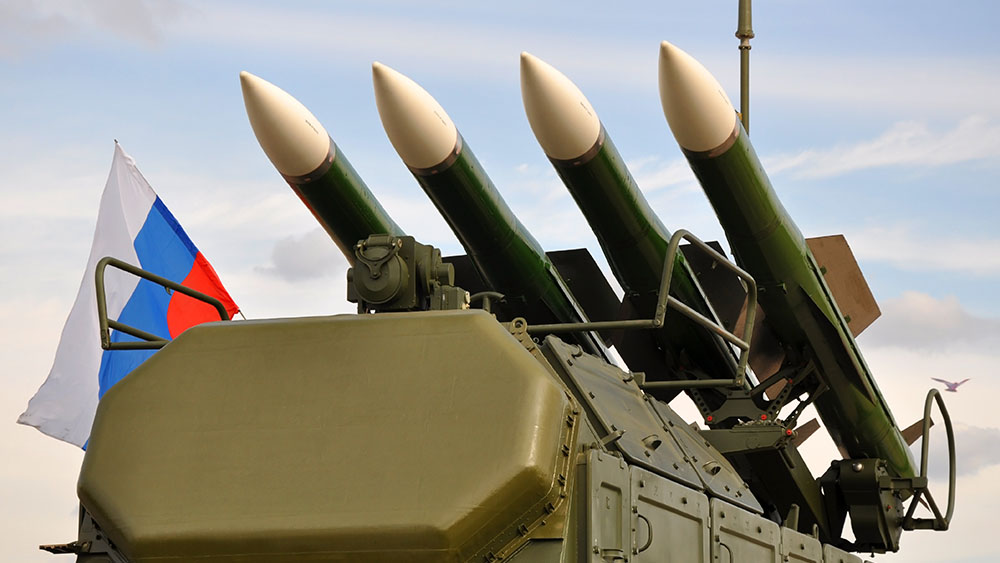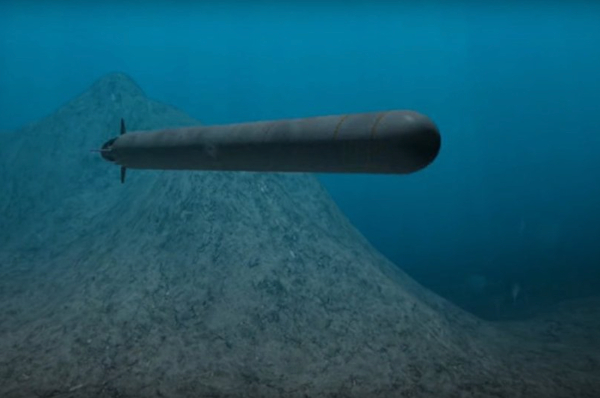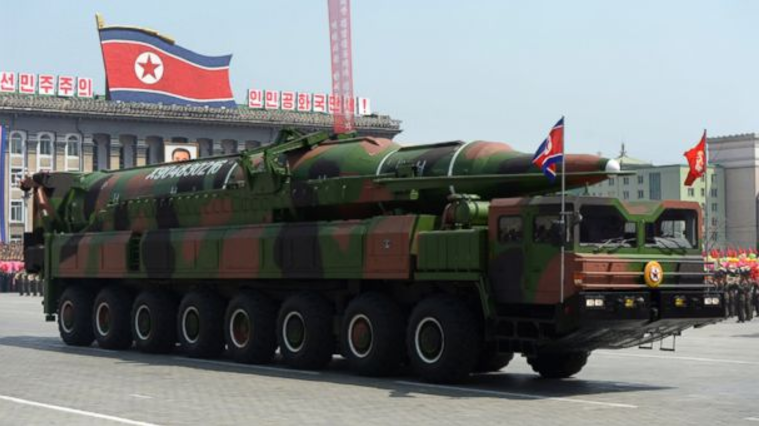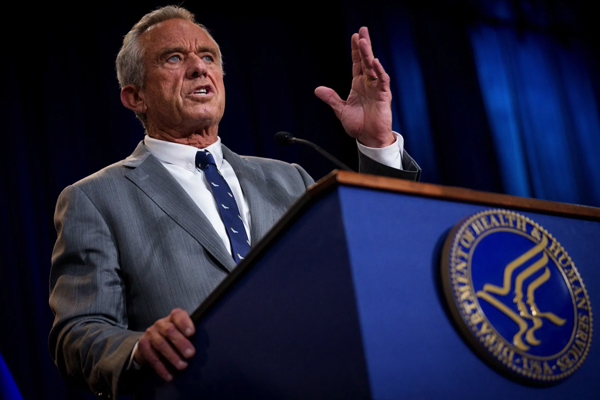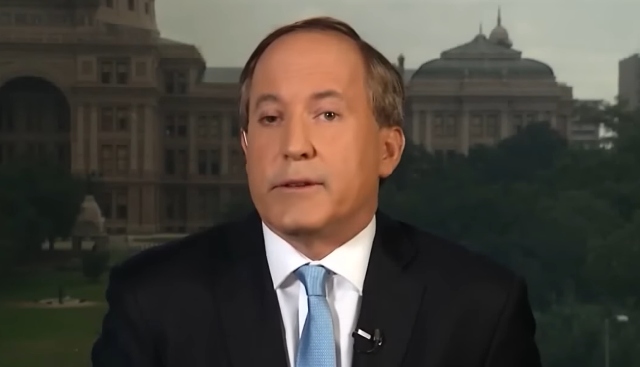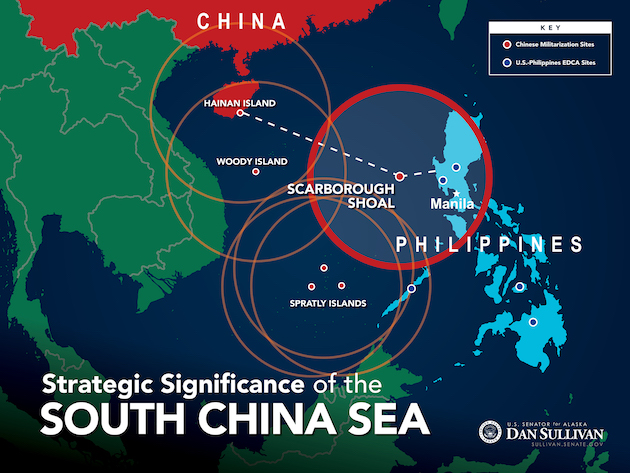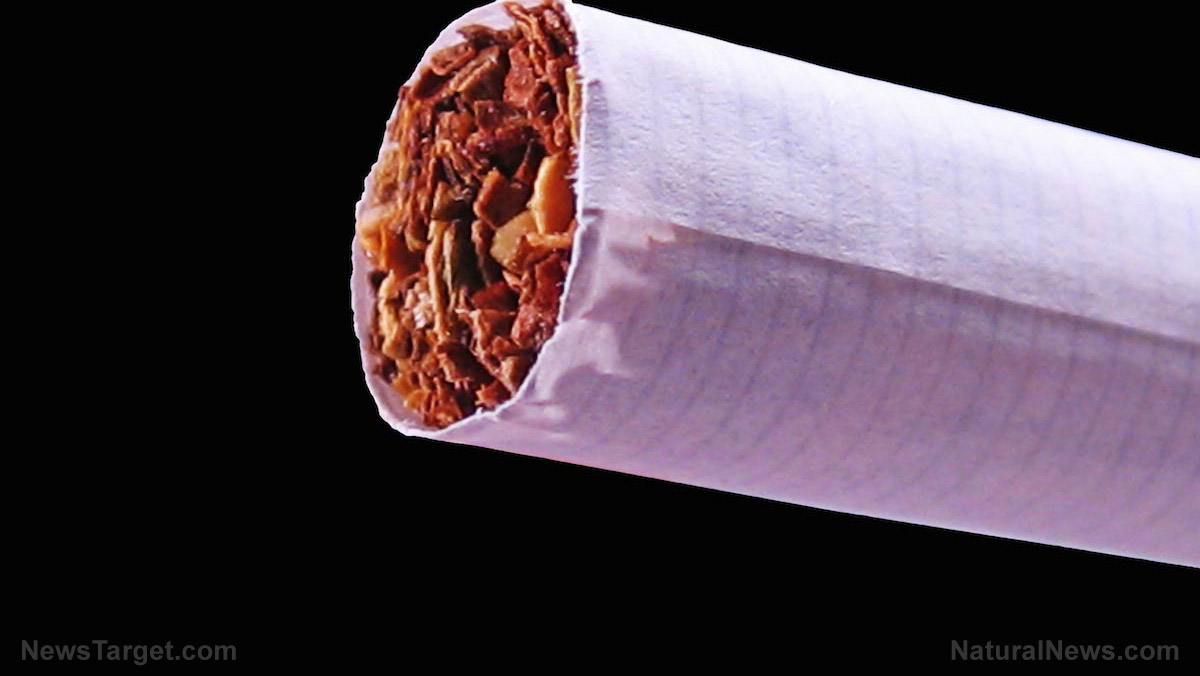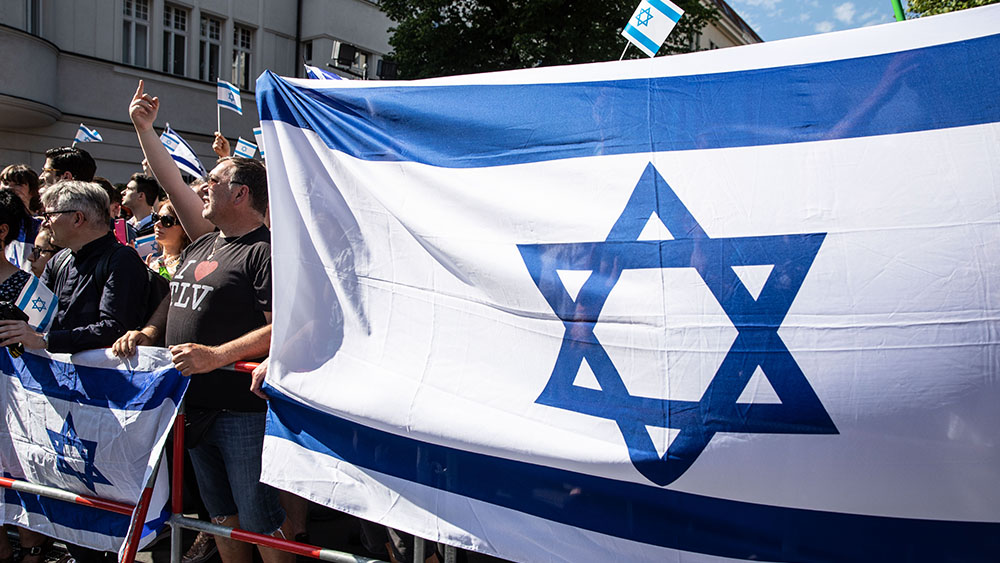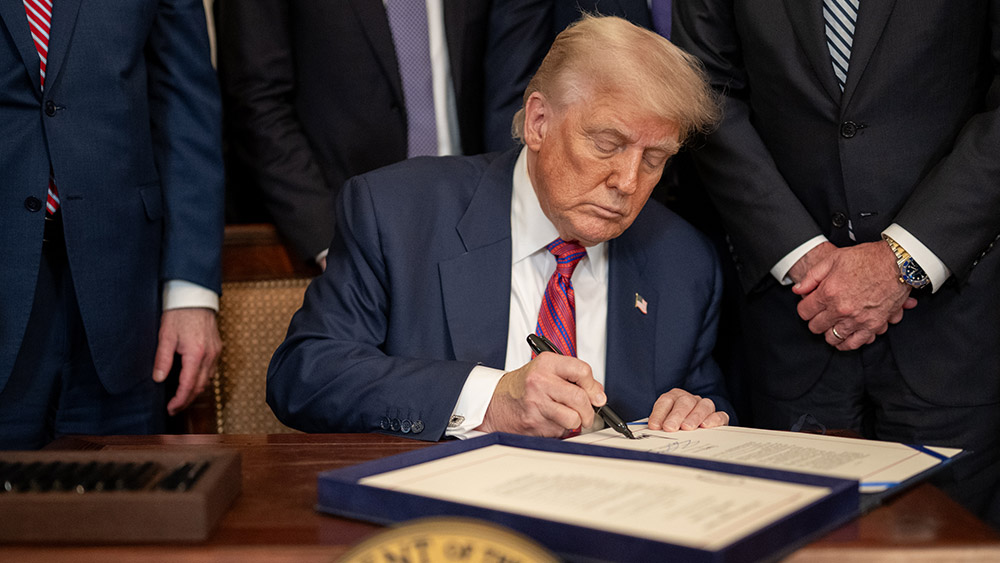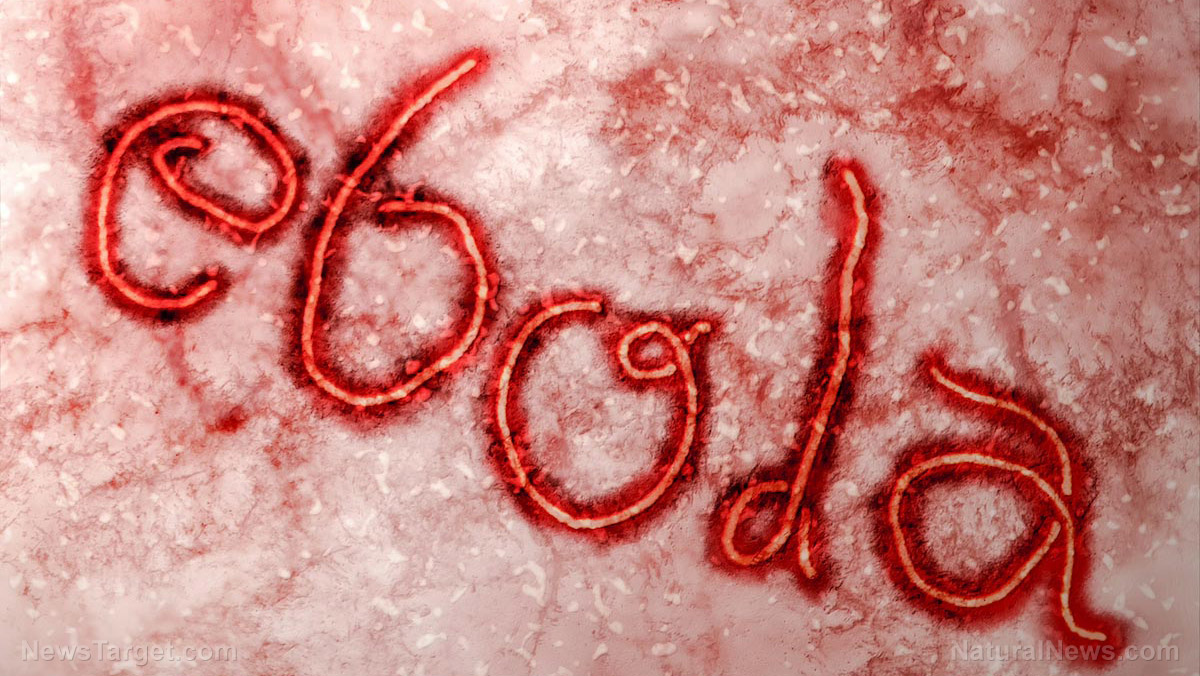Inside the crackdown: The secret deaths and political struggle shaking China’s army
11/06/2025 / By Willow Tohi
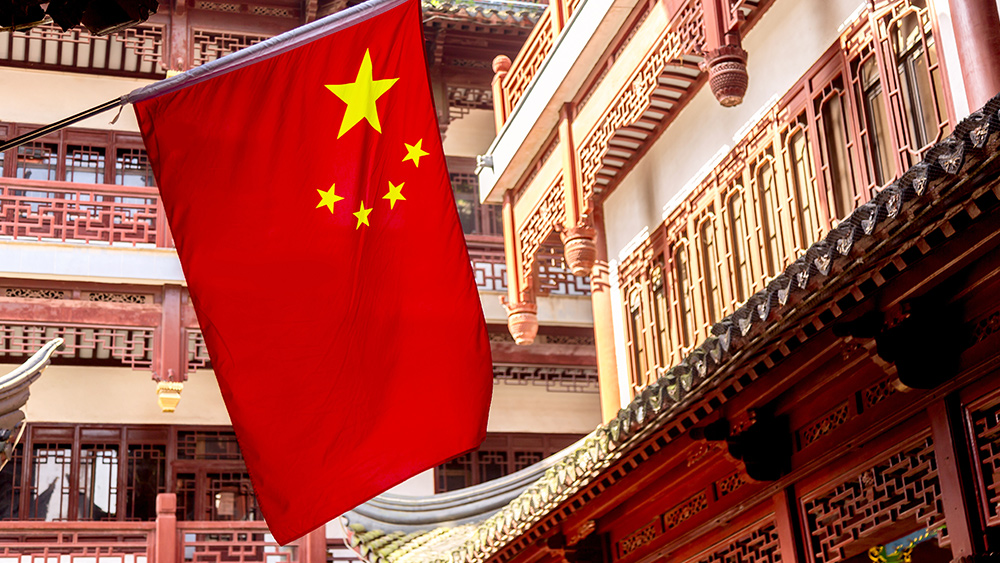
- A sweeping, ongoing purge within China’s People’s Liberation Army has reportedly removed numerous top generals, including those personally selected by Xi Jinping.
- A whistleblower claims the “Xi faction” within the military has been “essentially wiped out,” suggesting the purge is politically motivated.
- The official justification is a crackdown on corruption and “serious duty-related crimes,” but internal briefings reportedly describe targets as an “anti-Party clique.”
- The removal of so many hand-picked officials raises significant questions about Xi Jinping’s judgment and the reliability of China’s military command structure.
- Analysts view the purge as a critical effort by Xi to consolidate control and prepare for potential conflict, but one that exposes vulnerabilities in his leadership.
In a dramatic prelude to a key political meeting, Beijing has initiated one of the most significant purges of its military leadership in decades, expelling nine of its most senior generals on charges of corruption. But according to a whistleblower with ties to the Chinese Communist Party (CCP) establishment, this public action is just the tip of the iceberg, revealing a deep and widening crisis within the People’s Liberation Army (PLA) that strikes at the heart of Xi Jinping’s authority. The ongoing shake-up, framed officially as an anti-corruption campaign, is increasingly seen by observers as a politically charged effort by Xi to root out perceived disloyalty and secure his command over the military, even as it calls his judgment in promoting these officials into question.
The tip of the spear: Public expulsions and secret deaths
The public catalyst for the crisis was an Oct. 17 announcement from China’s Ministry of Defense. It declared that nine senior officers, including Central Military Commission (CMC) Vice Chairman He Weidong and former CMC Political Work Department head Miao Hua, were expelled from the CCP and stripped of their military ranks. They were accused of “serious duty-related crimes involving particularly massive sums.” The list of the purged read like a who’s who of the Chinese military, encompassing the political commissars of the Army and Navy, the commander of the powerful Rocket Force, and the head of the Eastern Theater Command, which faces Taiwan.
The announcement was swiftly followed by even more startling claims from U.S.-based commentator Cai Shenkun, who has a record of revealing accurate internal CCP information. Cai stated that, in addition to the nine named generals, four more are under investigation, along with nine lieutenant generals and 15 major generals. He further alleged that CMC Vice Chairman He Weidong had died of a sudden heart attack and that another official, He Hongjun, had died by suicide. These claims, while unconfirmed by Beijing, paint a picture of a purge far more extensive and turbulent than the official narrative suggests.
The whistleblower’s allegation: An “anti-Party clique”
According to Cai Shenkun, the public-facing justification of corruption is a veneer for a deeper, more political struggle. He claims that internal briefings to high-level officers described the accused not merely as corrupt officials, but as members of an “anti-Party clique.” This terminology, laden with historical significance from the Mao era, suggests the leadership views the challenge as an existential threat to its control. Cai’s most damning assessment was that “the so-called Xi faction within the military that took shape after the 20th Party Congress has been essentially wiped out.”
This allegation, if accurate, points to a catastrophic failure in Xi Jinping’s personnel strategy. Since coming to power, Xi has centralized authority more than any leader since Mao, insisting on his personal prerogative to promote loyalists. The fact that so many of his own appointees are now accused of being part of a treacherous faction reveals profound flaws in his system of patronage and control. As noted by Wang Youqun, a former aide to a senior party official, Xi personally approved the general rank for all nine of the publicly expelled officers between 2015 and 2024, making their collective downfall a “massive disgrace” that showcases “extreme incompetence in choosing officials.”
Purges as a tool of control
The use of sweeping purges to consolidate power is a recurring feature of CCP history, most infamously during the Cultural Revolution. While today’s methods are less chaotic, the underlying logic remains: to eliminate rivals and enforce ideological conformity. Xi Jinping has used anti-corruption campaigns since 2012 to sideline potential challengers and instill fear throughout the party and military apparatus. This current wave, however, is notable for its focus on the highest echelons of the military, an institution deemed sacrosanct for regime survival.
The timing, on the eve of the CCP’s Fourth Plenum, is also critical. These meetings are used to formalize major personnel and policy decisions. By publicly expelling these generals beforehand, Xi is signaling his firm control and setting the stage for a plenum that will likely further cement his authority. However, the scale of the purge also suggests the opposite—that Xi felt his control was sufficiently threatened to require a radical and public dismantling of his own military command structure.
Strategic implications: War readiness and hardware reliability
Beyond the internal power politics, the purge has serious implications for regional security and China’s war-fighting capabilities. As Joel Wuthnow, a senior research fellow at the National Defense University, has argued, such crackdowns align with Xi’s strategy to prepare for potential conflict by ensuring personnel quality and equipment reliability. However, Wuthnow raises a critical question about the dependability of military hardware if the command structure overseeing its development is riddled with corruption and disloyalty.
The removal of the head of the Equipment Development Department, as cited by the whistleblower, directly touches on this concern. If the purges disrupt procurement, maintenance and operational command chains, they could temporarily weaken the PLA’s cohesion and effectiveness. The situation creates a paradox: Xi is attempting to create a more loyal and reliable military, but the process of doing so through a widespread purge may, in the short term, render the force less capable and confident.
An unstable foundation
The widening military purge in China is more than a simple anti-corruption drive; it is a stark revelation of the instability that lies beneath the surface of Xi Jinping’s highly centralized rule. The removal of top generals, including his own hand-picked loyalists, underscores a pervasive climate of distrust at the highest levels of power. While intended to solidify Xi’s control and prepare the military for future challenges, the purge simultaneously exposes critical vulnerabilities in his leadership and within the PLA’s command structure. For the world, and especially for the Indo-Pacific region, this internal turmoil signals a China that is simultaneously more aggressive in asserting control and potentially more unpredictable in its actions, as its leader seeks to secure his command by dismantling it.
Sources for this article include:
Submit a correction >>
Tagged Under:
anti-Party clique, Beijing, big government, China, Collapse, communism, conspiracy, corruption, Cultural Revolution, deception, fascism, military purge, national security, People's Liberation Army, political struggle, politics, Tyranny, violence, Whistleblower, Xi
This article may contain statements that reflect the opinion of the author
RECENT NEWS & ARTICLES
COPYRIGHT © 2017 COLLAPSE.NEWS
All content posted on this site is protected under Free Speech. Collapse.news is not responsible for content written by contributing authors. The information on this site is provided for educational and entertainment purposes only. It is not intended as a substitute for professional advice of any kind. Collapse.news assumes no responsibility for the use or misuse of this material. All trademarks, registered trademarks and service marks mentioned on this site are the property of their respective owners.

